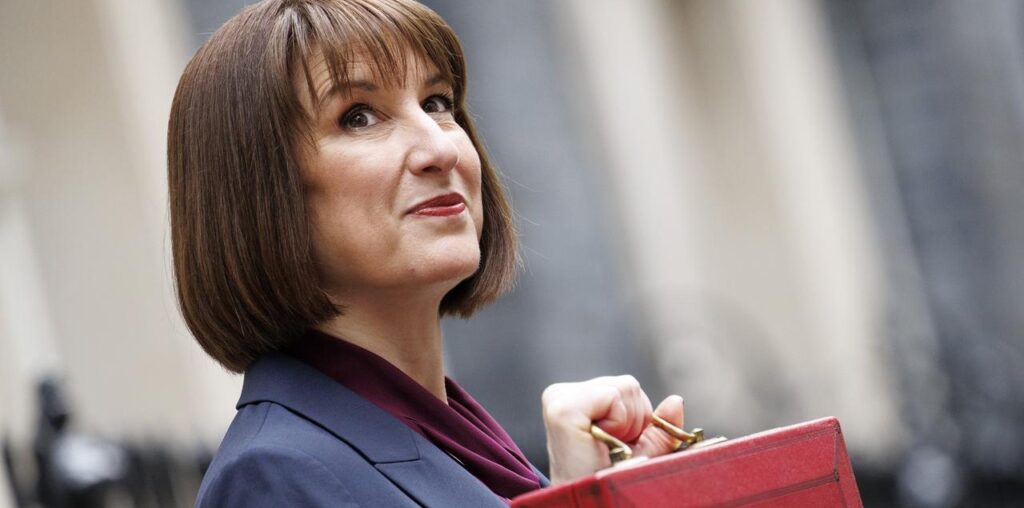Britain’s finance minister Rachel Reeves, whose big tax-and-spend budget was accompanied by only tepid growth forecasts, insists she has more plans to boost the economy and she hopes to not have to raise taxes again.
“The growth forecasts yesterday from the Office of Budget Responsibility are not the summit of my ambition,” Reeves told LBC radio on Thursday.
She launched the biggest tax increases since 1993 in her budget as she sought to repair the country’s public services, and she also changed the government’s fiscal rules to increase borrowing for long-term investment to boost the economy.
The Office for Budget Responsibility (OBR), whose forecasts underpin government budgets in Britain, said the economy was set to grow by two per cent in 2025, slightly up from the 1.9 per cent it had forecast in March.
But it cut growth forecasts further out, a blow for Reeves and Prime Minister Keir Starmer who promised voters in July’s election that they will turn Britain into the fastest-growing Group of Seven economy, outpacing even the United States.
“There’s more plans that we’re bringing forward to lift that growth rate,” Reeves told Times Radio, adding she would not “come back for money” in the spring.
Starmer’s government has promised to overhaul the planning system and make other reforms to help increase Britain’s sluggish pace of economic growth.
Reeves acknowledged that her increase in the rate of social security contributions paid by employers – which accounted for 25 billion pounds of the total 40 billion pounds in tax increases – would have consequences.
“It will mean that businesses will have to absorb some of this through profits, and it is likely to mean that wage increases might be slightly less than they otherwise would have been,” she told BBC television.
The first budget of the new Labour government represented a significant increase in spending and borrowing as well as taxation as Reeves and Starmer seek to undo what they have called 14 years of neglect of public services.
The International Monetary Fund said it supported the planned deficit reduction set out by Reeves.
The Resolution Foundation, a think tank, said the plan marked a decisive shift from planned cuts to spending on public services and longer-term investment set out by the previous Conservative government.
“But the budget has not yet delivered a decisive shift away from Britain’s record as a ‘stagnation nation’, with the outlook for growth and living standards remaining weak in this parliament,” it said.
Reeves highlighted how the OBR said on Wednesday that higher public investment was likely to boost growth, even if the main impact was likely to be felt in the 2030s.
Referring to the scale of the budget, she said did not expect to have to do “anything like that ever again”.

